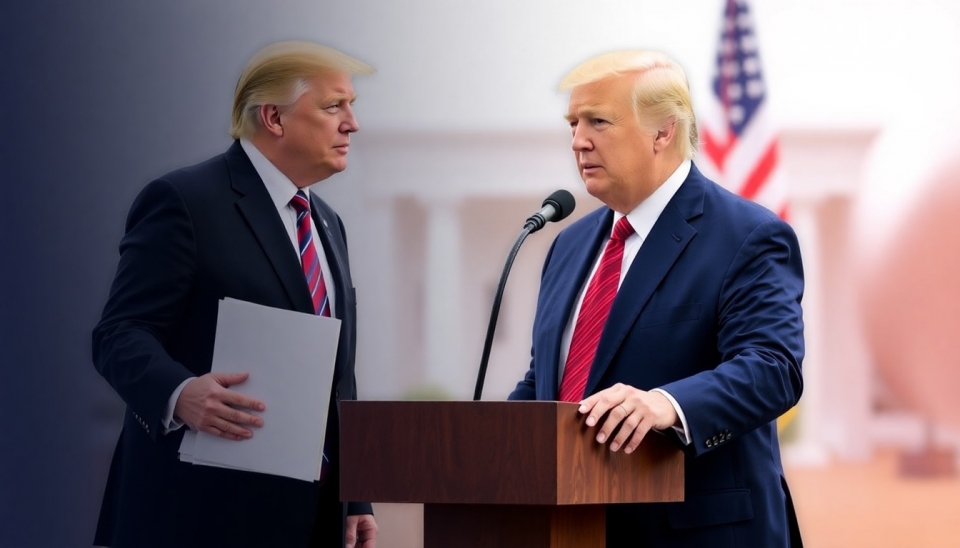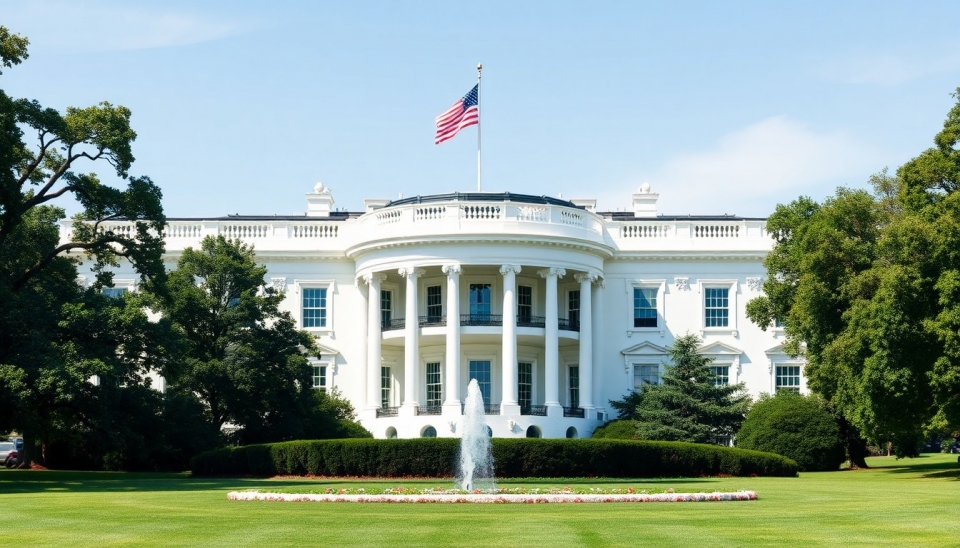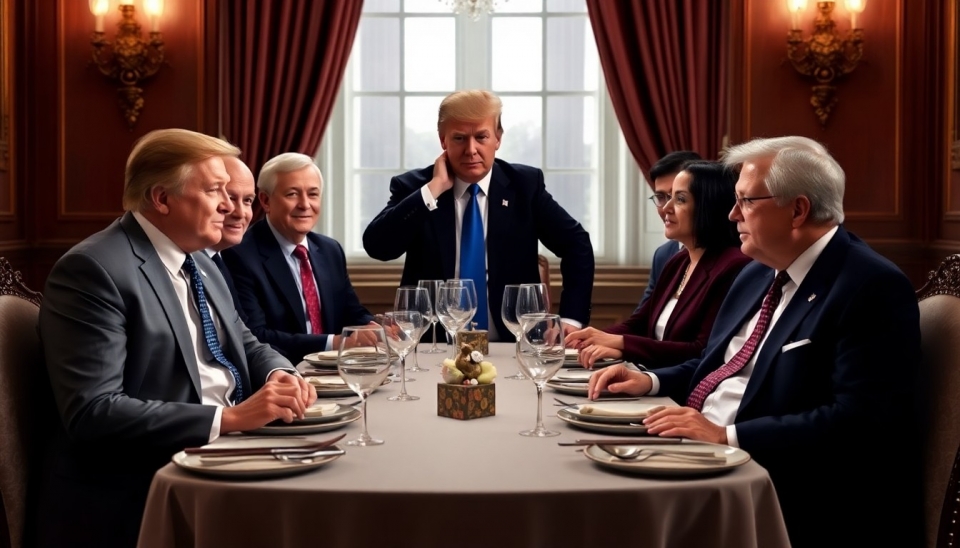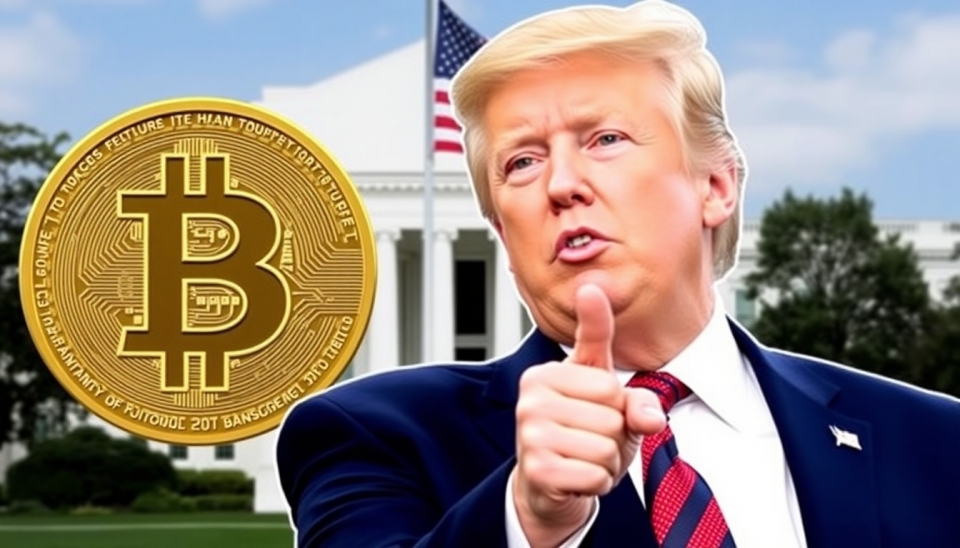
In a surprising decision, former President Donald Trump has declared exemptions for essential technology products, such as smartphones, computers, and semiconductor chips, from upcoming reciprocal tariffs. This policy shift is poised to have significant implications for both domestic and international markets, as it seeks to streamline trade relations amid ongoing tensions.
The move comes in the wake of a series of tariff implementations designed to bolster U.S. manufacturing and address trade imbalances. However, analysts suggest that exempting these vital tech products aims to mitigate potential backlash from consumers and businesses relying heavily on these items. The decision reflects an acknowledgment of the vital role that advanced technology plays in the U.S. economy.
Industry leaders have welcomed this exemption, viewing it as a critical lifeline for tech companies and consumers alike. Many have voiced concerns that steep tariffs could lead to higher prices on essential devices and chips, hampering innovation and consumer access to the latest technology. By alleviating these concerns, Trump appears to be balancing the need for protective tariffs with the demand for affordable technology products.
In addition, several tech giants, which previously lobbied against tariff policies that would adversely affect their bottom lines, expressed relief over the exempted categories. The competitive landscape in the tech sector relies significantly on access to affordable components and devices, making this policy decision not only beneficial for consumers but also a strategic move to stabilize the industry during economically uncertain times.
As the administration prepares to implement these changes, experts are scrutinizing the potential consequences on both domestic industries and international trade partners. China, a key player in tech manufacturing, could respond to this decision with its own set of strategic adjustments in trade relations, which could further complicate the already intricate web of global commerce.
While these exemptions offer a short-term respite for technology-related imports, the long-term effects of such tariff policies remain to be seen. Analysts predict that the tech sector may serve as a focal point in ongoing trade discussions as the U.S. strives to maintain a competitive edge in a rapidly evolving global economy.
Moving forward, it will be crucial for stakeholders to monitor how this exemption influences pricing, availability, and innovation within the technology sector. The outcome could play a determining role in shaping the future of U.S.-China relations, particularly in high-tech industries.
#Trump #Tariffs #TechnologyExemption #USTradePolicy #TechIndustry #Smartphones #Computers #Chips #GlobalTrade
Author: Liam Carter




